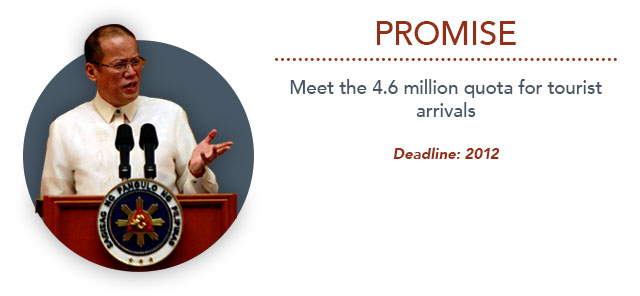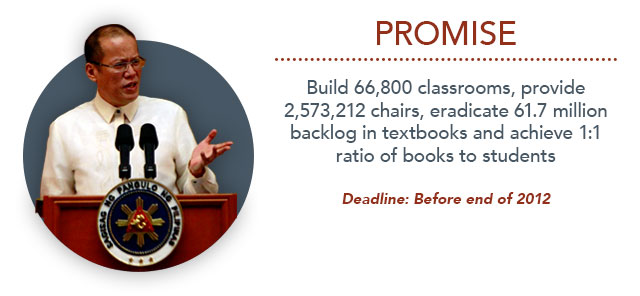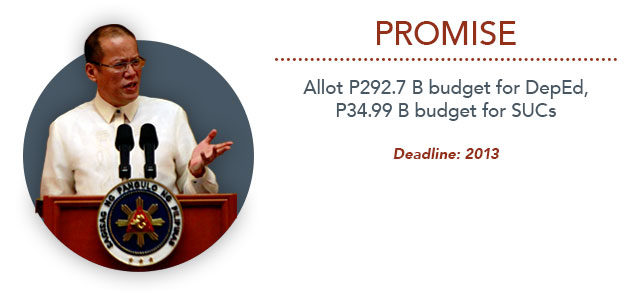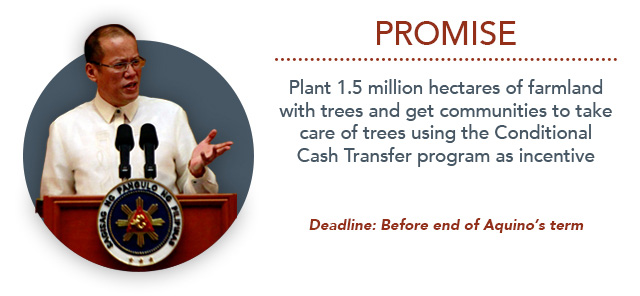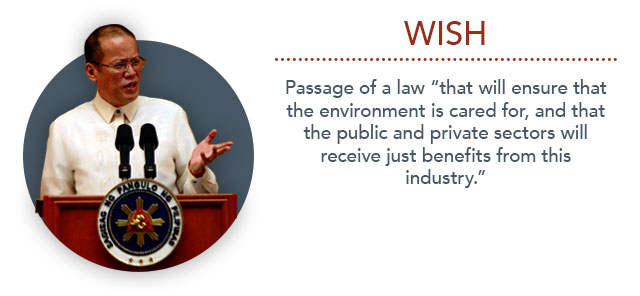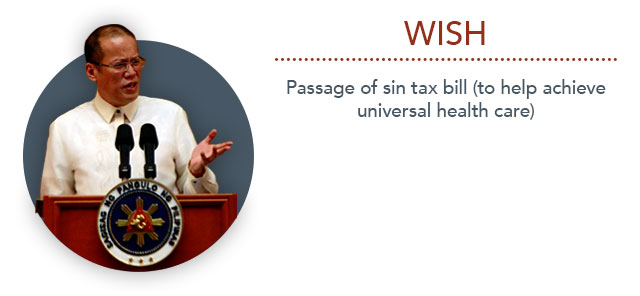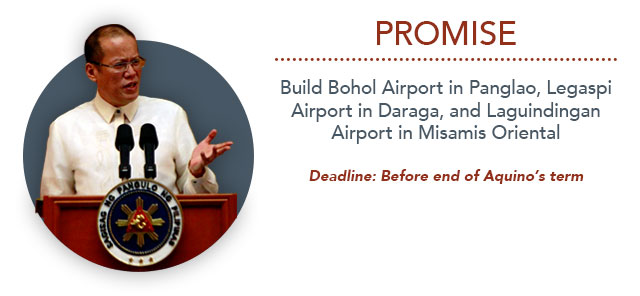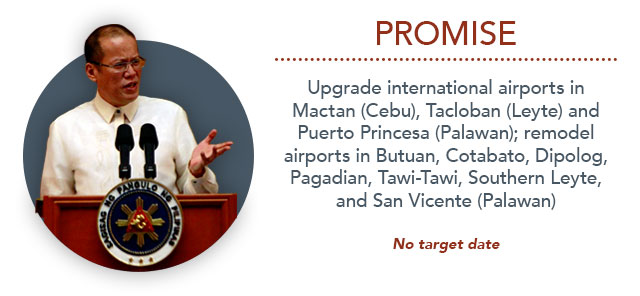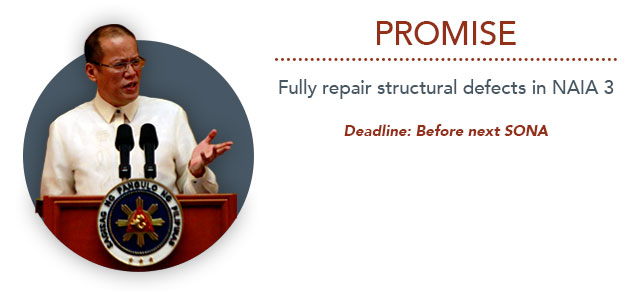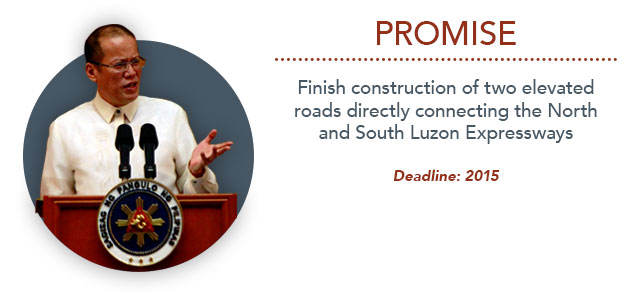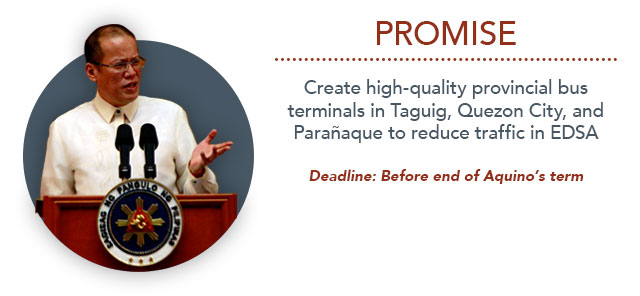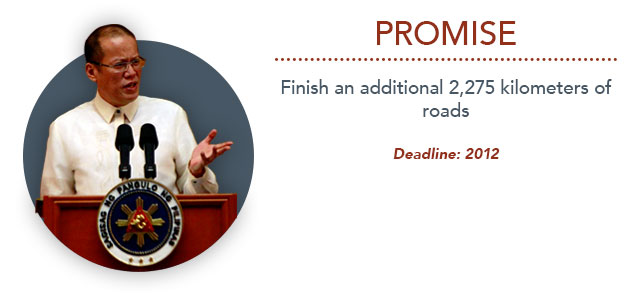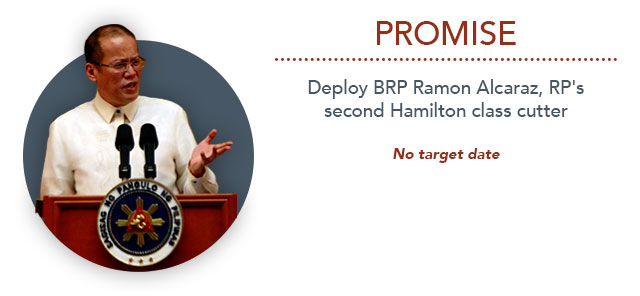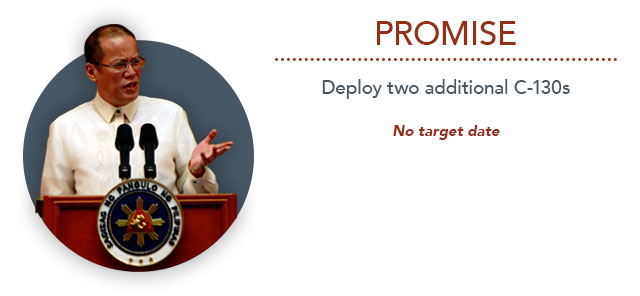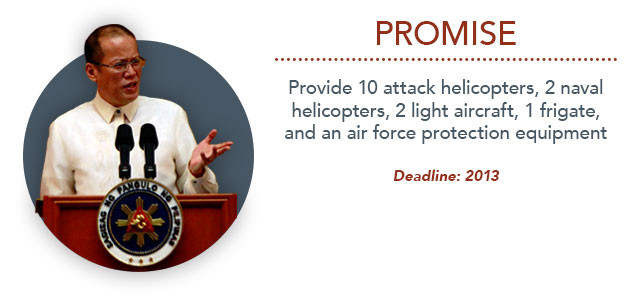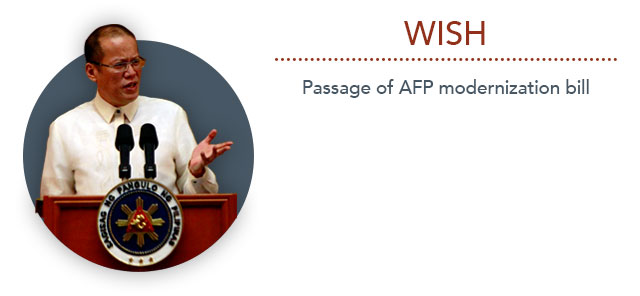The Aquino administration set aside P16.37 billion in the national budget for agrarian reform in 2011. But the Department of Agriculture Reform was reported to have distributed only 111,889 hectares of land to 63,755 agrarian reform beneficiaries. This accounts for only 54.6% of the targeted land acquisition and distribution.

Aquino announced the advanced release in June 2012 of P2.7 billion in salary increases for government employees.
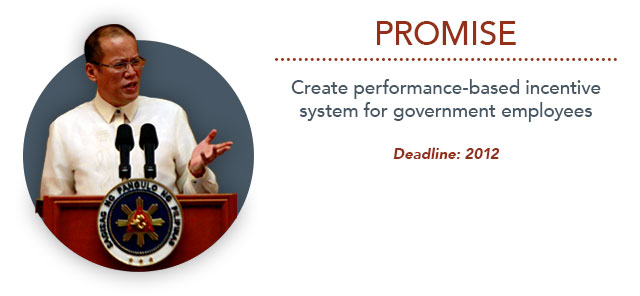
In 2011, Aquino reported that the Anti-Money Laundering Council was able to freeze a total of P2.8 billion in proceeds from various crimes, with P1.4 billion returned to the victims including the national government. But AMLC executive director Vicente Aquino appealed for amendments to the AMLA in order to address the weaknesses of the law.
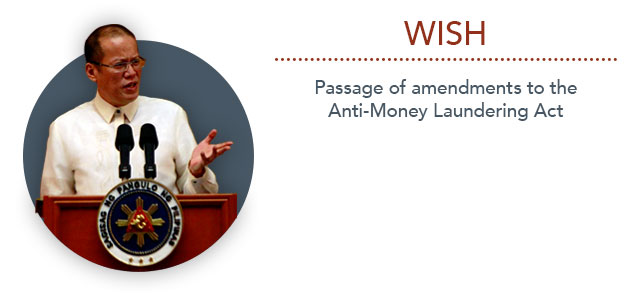
Project NOAH (Nationwide Operational Assessment of Hazards) was launched in June 2012 to provide real-time warnings and information on severe weather and geohazards. Also, from 2011 to first half of 2012, a total of 21 water level monitoring sensors and 186 automated rain gauges were already installed in various parts of the country.
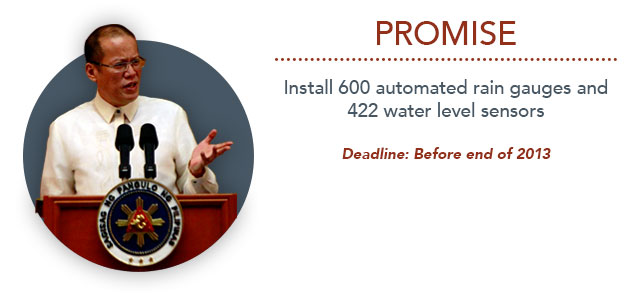
The Department of Education said they have provided 516,946 classrooms, 598,609 teachers, 353,763 sanitation facilities, and 2.5 million seats nationwide for SY 2012-2013. But officials admit there's still a backlog of 124,286 toilets and 66,800 classrooms in public schools.
On February 2011, Aquino issued Executive Order No. 26 which established the National Greening Program, a massive forest rehabilitation program that seeks to grow 1.5 billion trees in 1.5 million hectares nationwide within a period of six years (from 2011 to 2016).
In 2010, an estimated 36 million Filipinos were still not members of PhilHealth. Four out of 10 Filipinos have never seen a health professional in their entire lifetime while 6 out of ten Filipinos die without being attended to by health professionals.
The Department of Public Works and Highways reported that a total of 10,254 road, bridge, flood control and other infrastructure projects are completed as of November 2011. It has successfully bidded out one public-private partnership (PPP) project in 2011, with several other projects still lined up.
The Department of Interior and Local Government and the Philippine National Police reported that crime incidents decreased to 246,958 in 2011 from 296,059 in 2010. They also claimed that crime solution efficiency increased to 29.02% in 2011 from 18.90% in 2010. In terms of private armed groups and other threats, however, the 86 groups reported in 2010 remain the same groups monitored in 2011.
The Expanded Senior Citizens Act of 2010 provided for a monthly pension of P500 to everyone in the country who is over 77. Some groups, like the Coalition of the Services for the Elderly in the Philippines, however, complained that few older people have received the pension and that the government is not targeting the poorest for the benefit.

The Department of Social Welfare and Development claimed that its Pantawid Pamilyang Pilipino Program has reached 3 million poor households as of February 2012. According to a September survey conducted by the Social Welfare Stations, however, 10.4 million families rated themselves as poor, up from 9.8 million families in a June survey.
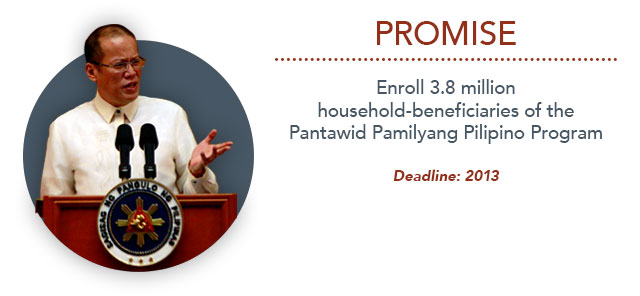
The Department of Tourism reported that total visitor arrivals in 2011 reached 3.917 million - 11.28% higher than the 3.520 million arrivals in 2010 - surpassing by 4.6% the 3.7 million target visitor arrivals in 2011. The top largest tourist markets are Korea, USA, and Japan.
